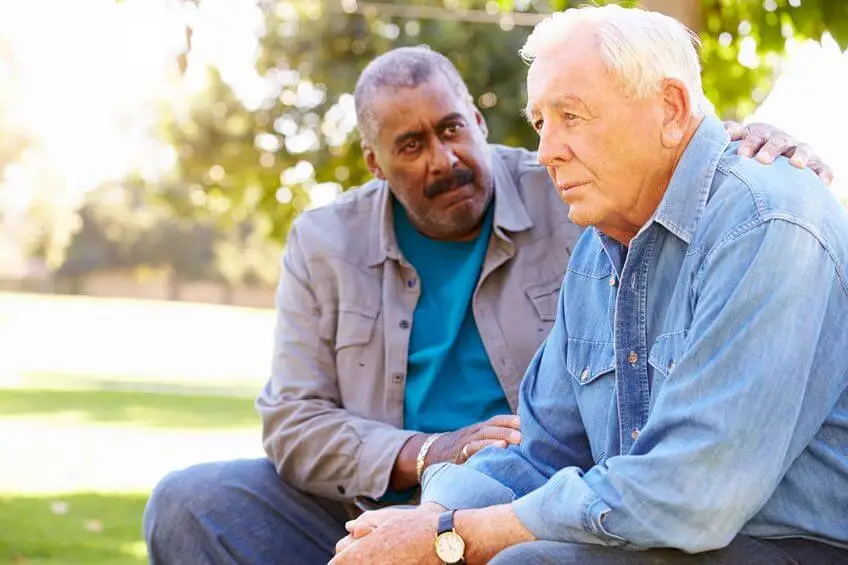
Mentally and Emotionally Surviving Grief
April 11, 2022
Who Am I Now? Grief and Your Changing Identity
April 11, 2022When you lose a loved one, there are a series of emotions that can go through your head and it seems like those negative feelings may last forever. For many, their season of grief ends and they can return to normal life. For some that grief takes root and stays longer, yet for others they have even more issues healing from the trauma of loss.
In this article, we’re going to highlight terminology that sometimes gets used incorrectly. Grief is a feeling covering a wide variety of emotions that immediately follows the loss of a loved one. Chronic grief is a season of grief that continues on longer than is typically expected. Depression and depressive periods are periods of time where negative emotions begin to influence day to day life in unfavorable ways. Clinical depression is a chemical imbalance in the brain leading to symptoms that look a lot like grieving but extend far longer than normal. Clinical depression is a medical condition that can only be truly diagnosed by a trained therapist. It can be treated with therapy and prescription medication.
Often times, grief looks like depression from the outside looking in. The two conditions do share many similarities like sadness, lack of interest in things that the person would normally enjoy and feeling distant and withdrawn from others. The key differences between the two are mostly time and severity. Most grieve for up to a year but some do not need that much time. Anything past a year is often considered to be a depressive period or episode. Severity is also an indicator of difference. If at any point in time the symptoms go beyond just sadness and being withdrawn to thoughts or acts of self-harm, threats of violence or extreme mood swings, then this a more serious issue. Only a trained medical professional can properly diagnose depression.
Grief is not the same as depression and clinical depression is not grief. Can the loss of a loved one exacerbate the symptoms of depression? Yes. Can depression make grieving more severe? Yes. But the two are not the same and knowing the difference can help you and those around you better cope and move forward.




